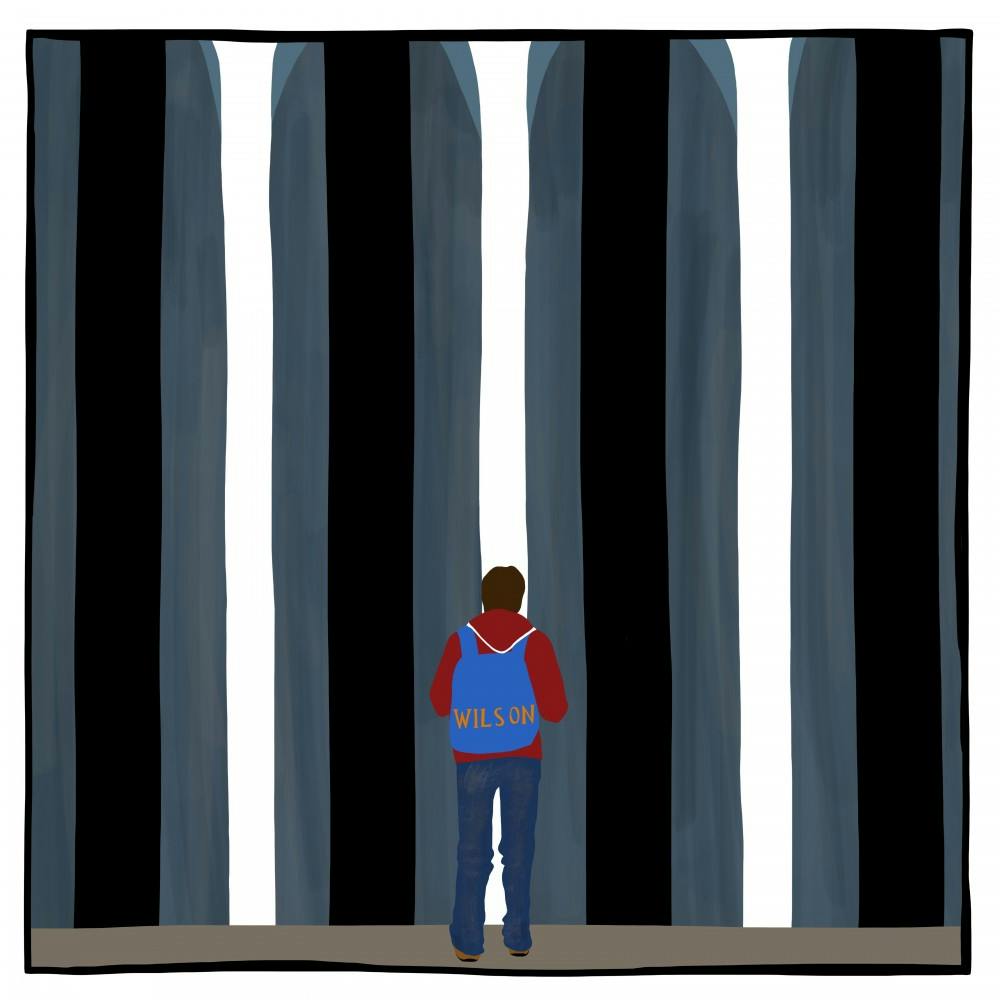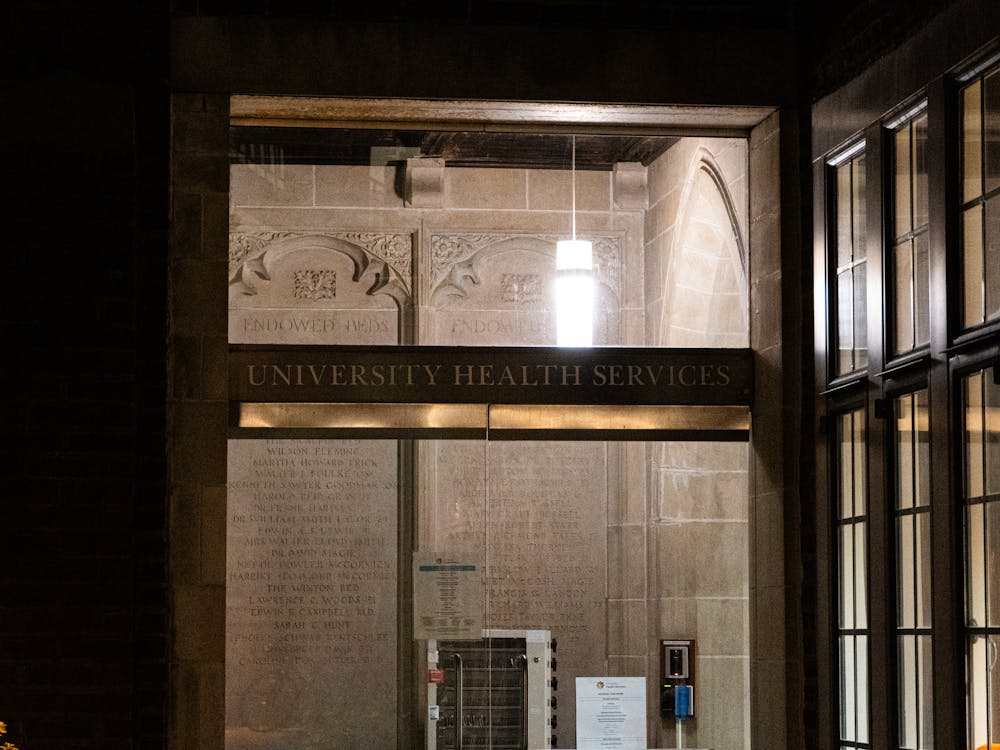A few years ago, I was sitting in my high school journalism class, writing about the protests at the University and other schools challenging the legacies of historical figures on their campuses. At the time, I thought that if I ever had the privilege to attend the University, Harvard, or Yale, I too would be among the students fighting to establish a community welcoming to all of its students.
Last summer, I received an email saying that I would be living in Wilson College. When I saw the name, I felt a mix of excitement for the coming adventures but also a discomfort with the name I would now be adopting as my home.
This duality of feeling has continued to weigh on me throughout my first semester, but I had not fully confronted it until a couple weeks ago, when the renowned writer Ta-Nehisi Coates spoke on campus. In response to a question from an audience member, Coates unapologetically criticized the University for its veneration of Woodrow Wilson. He recounted Wilson’s racist acts, noting that Wilson was racist even in the context of his time. He resegregated the federal government and screened “Birth of a Nation” in the White House, among other things. Considering this, Coates called the University’s choice to honor Wilson an “embarrassment” and a “shame.” He went so far as to say he did not know if he himself could attend a school that celebrated such a figure.
While Coates spoke, I was wearing my Wilson College jacket. The dissonance was obvious. Here I was, listening to a man I admired saying things I absolutely agreed with, yet my actions went directly against what he and I believed. And herein lies the problem. The pervasiveness of Wilson’s legacy on campus forces me to associate myself with a legacy I wholeheartedly reject.
Critics say that students criticizing the campus’s iconography are overly sensitive. A name can’t hurt you, they say. First off, the people saying these things probably have never found themselves in a situation when they are the outsider and their experience is being challenged. But it means something when you wear a T-shirt emblazoned with the name of a man who would not want me at this school. Woodrow Wilson thought people such as myself were inferior and less deserving. Why celebrate that?
Often, people say that naming something after a figure does not necessarily imply you endorse everything he or she did. But to suggest that you can name a policy school after Wilson, yet not wrestle with the racism of the very policies he implemented, is disingenuous. To name a residential college after Wilson, while ignoring the fact that he did not believe white and black people belonged on equal terms in the same spaces, is ridiculous. Naming a place after a person is by definition not selective or a half measure: it necessarily includes everything that person did. So we have to be honest about that.
Symbols matter. Titles matter. They communicate a set of values tied to the man whom you are honoring. I do not think the University supports the uglier parts of Wilson’s legacy, but that is the very reason his name should not be elevated the way it is. When I see the name Wilson, I see the celebration of an ideology that put white people first, a worldview defined by prejudice. Wilson’s racism was not marginal or incidental to his life. It was a central, animating ideology that affected his policymaking. What matters is everything Wilson did with the power he had. The progressivism he believed in excluded people of color. And any endorsement of him now does the same.
As a student at the University, it is easy to get wrapped up in the tradition, in the stories we tell about this place. But it is important to take a step back and look at these narratives from the outside. Coates’ talk helped me do that, and his incredulity makes perfect sense given that he is not tied up in the University’s mythology of Wilson. When I say I live in Wilson and may concentrate in the Woodrow Wilson School of Public & International Affairs, there is an inherent conflict. If I do study policy, it will be for the opposite goals and by the opposite ideology that Wilson had, and I hope that goes for most University students.
The truth is Wilson did not reflect the values of the University, and would not have supported the diversity of the student body. We should not honor him as if he would have. Take a step outside the orange bubble, and this truth is crystal clear.
Julia Chaffers is a first-year from Wellesley, Mass. She can be reached at chaffers@princeton.edu.









